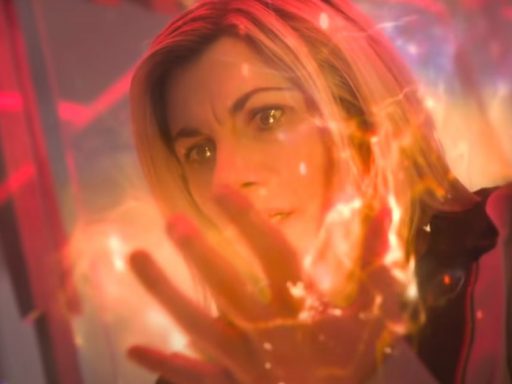
As the latest Doctor is unveiled, Science Director Roger Highfield discusses the science of regeneration with developmental biologist, Sir Jim Smith.
Roger Highfield is the Science Director at the Science Museum Group, a member of the UK's Medical Research Council and a visiting professor at the Dunn School, University of Oxford, and Department of Chemistry, UCL. He studied Chemistry at the University of Oxford and was the first person to bounce a neutron off a soap bubble. Roger was the Science Editor of The Daily Telegraph for two decades, and the Editor of New Scientist between 2008 and 2011. He has written or co-authored ten popular science books, most recently Stephen Hawking: Genius at Work, and has had thousands of articles published in newspapers and magazines.

As the latest Doctor is unveiled, Science Director Roger Highfield discusses the science of regeneration with developmental biologist, Sir Jim Smith.
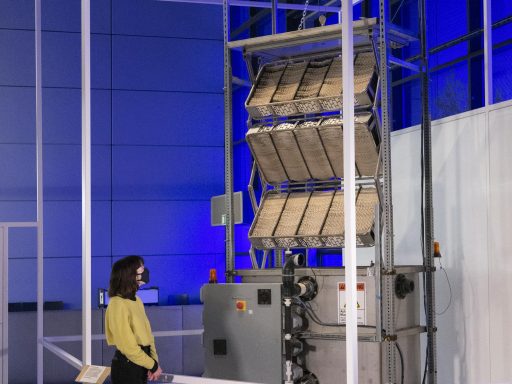
Some methods for removing greenhouse gases from the atmosphere are unproven and others may carry risks. Roger Highfield, Science Director, talks to one of the organisers of an event next week to find out what the public think.
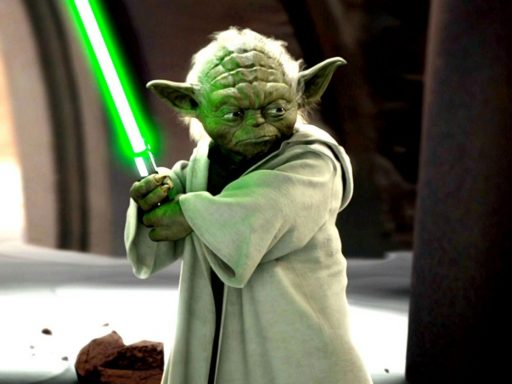
To mark Star Wars Day, on May 4, Science Director Roger Highfield discusses this iconic Jedi weapon with Swiss fusion physicist Federico Felici.
To mark World Cancer Day (4 February), Roger Highfield, Science Director, asks the advisors to the world’s first major cancer exhibition for their views of the past and hopes for the future of the field.

Two millennia ago, the Antikythera Mechanism was used in Ancient Greece to predict heavenly movements. Roger Highfield, Science Director, describes how this spectacular bronze computer was at least a millennium ahead of its time.

Deforestation in Brazil’s Amazon rainforest has soared by 22% within a year. Science Director Roger Highfield talks to Brazilian climate scientist Patricia Pinho about the profound implications for biodiversity, indigenous people, and global climate.

To mark the opening of Amazônia, Science Director Roger Highfield talks to Prof Tim Lenton about why the fate of the Amazon rainforest is a global concern as it approaches a climate tipping point.
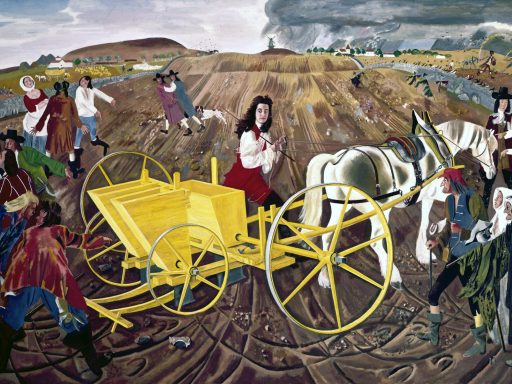
A milestone international survey of public attitudes conducted for the museum reveals concern about food waste but widespread lack of understanding about the link between food production and climate change. Roger Highfield, Science Director, reports.
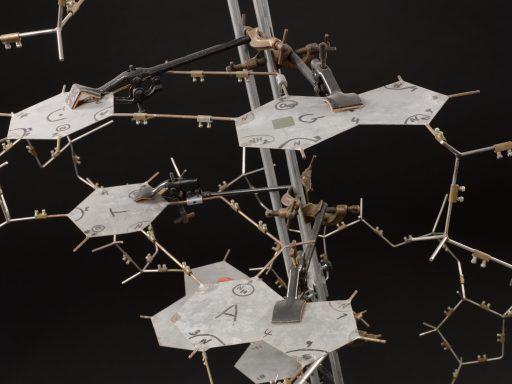
Roger Highfield, Science Director, celebrates a milestone in reading the entire complement of human DNA, or genome, which reveals a hidden landscape of human genetics.
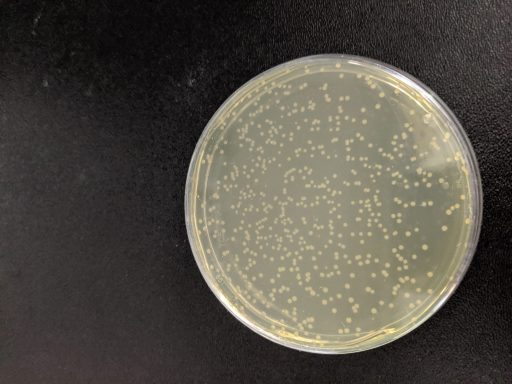
Roger Highfield, Science Director, describes how genetic engineering has been taken to a new level by artificial organisms that can make novel kinds of polymer, an advance with potentially huge implications for medicine, catalysts, materials and more.
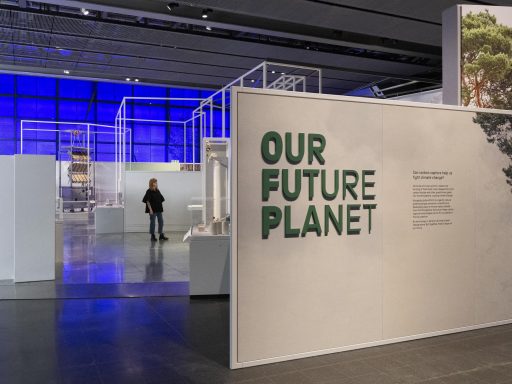
As the Science Museum launches an exhibition about capturing climate-warming carbon dioxide, a new analysis shows investing in ecosystems could help cool the planet in the latter part of this century, but only if we act now. Science Director, Roger Highfield describes the new work, and a method to turn carbon dioxide into greener plastics.
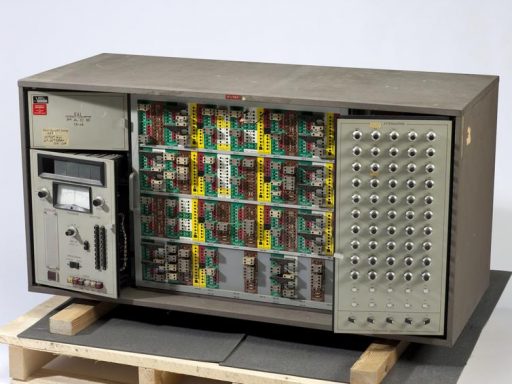
The next generation of high-performance computers might see a return of the oldest form of all, analogue computing, according to a paper published today, coauthored by Science Director, Roger Highfield.